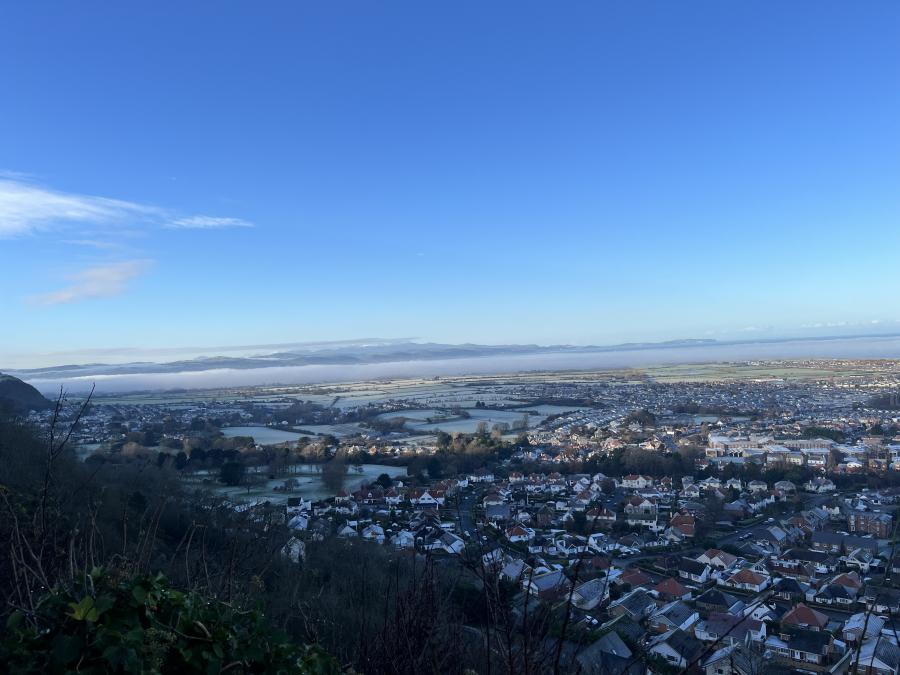Intention and Impact
Posted July 2024
A stranger and I stopped to chat when I was out doing a trail run earlier this year.*
This interaction went south pretty quickly. Despite getting off to what seemed like a good start the sixty something year old, white gentlemen made several racist comments based on racist tropes. This was top and tailed by a nice dollop of anti-vax conspiracy theory.
I have continued to reflect on this interaction, despite it happening several months ago, because it has been quite instructive. One thing it demonstrated to me very clearly is the difference between intention and impact.
In my more generous moments of reflection (and I have to work quite hard to get here), it is not a stretch for me to consider that this man was not aware that he was spouting racist tropes nor that what he was saying was deeply offensive.
What I also remain very aware of is what it felt like to be on the receiving end.
Once I got past shock of ‘is this really happening? In the 21st century? On the seventh day of 2024? Oh, yes, it appears that it is’ (I will leave you to imagine the less sanitised version of the conversation I actually had in my head), came the laughter. We often laugh when being explicitly angry is too dangerous. So I laughed....a lot. And underneath the anger was a whole load of hurt. Behind this man’s social awkwardness, I suspect that this man was trying to be friendly. However, his impact was that he hurt me, and I am left with a lingering wondering of how safe I am in the green spaces of the beautiful countries that make up the UK.
So what the difference between intentions and impact?
When I talk about 'my intention', I am putting me at the heart of whatever story I am telling. When I consider my impact, the focus shifts to how my words/actions might be expereinced by whoever I am talking with (Brene Brown, 2022). Had my 63 year old racist conspiracy theorist, paused for a moment to consider how his words might have impacted the woman of colour he was talking to, I wonder whether or not he would have said what he said. I wonder if he knew that his words were hurtful or that there was a possibility that they might be.
This relatively brief interaction, in my mind, gives a clear demonstration of what it looks like when someone fails to consider the possible impact of their words. Sometimes we may experience a situation that feels more complicated and messy. Often times there are contextual and cultural norms and expectations that make it really difficult for us to pause sufficiently, to notice and reflect on our own subjective experience, to acknowledge missteps and painful or difficult feelings.
I had the benefit of being able to speak with some really good friends that helped me to process on the interaction I had. Friends can often be a great sounding board in these moments. Therapy can also be a great space to safely reflect on our intentions. It can help us to notice and acknowledge the impact of we might have on others. Psychotherapy can also help us to reflect on interactions and experiences that we have had have and to help us understand how these experiences have impacted us.
‘I've learned that people will forget what you said, people will forget what you did, but people will never forget how you made them feel.’
Maya Angelou
*[For any 'southerners' confused the concept of talking with strangers, this is not unusual or instinctively worrisome. It’s one of the things this southerner loves about doing life up north.]




